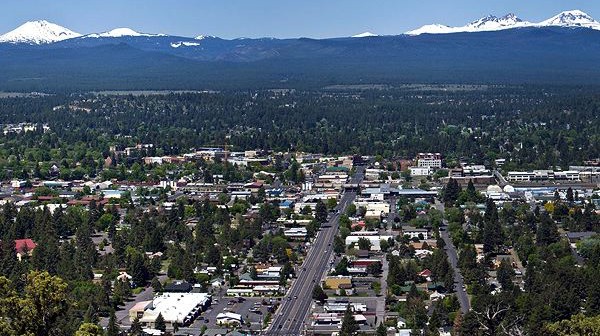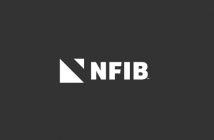How critical is the housing affordability problem in Bend? A look at the Bend 2030 Housing
Affordability Survey results, personal housing stories and housing affordability comments released today by Bend 2030 shows it’s becoming a community-wide issue threatening economic development, the safety of families and our ability to house the people who live and work here.
In total, 1,145 people took the housing affordability survey, which was available from September 26 to November 2. Although nonscientific, the number of people from a variety of demographic backgrounds speaks volumes. All adult age groups, geographic quadrants and income groups in Bend were represented. More than 20 percent of the survey takers reported earning between
$25,000 to $49,999 annually—this was the most common income group taking the survey, falling right in line with the current median household income in Bend of $46,700.
In addition to the survey, Bend 2030 also hosted a Housing Affordability Forum on Oct. 30. The survey and the interactive forum were developed as part of Bend 2030’s new Livability Series and created in partnership with more than 20 housing stakeholders in the community including private developers, Housing Works, Neighbor Impact, Habitat for Humanity, Bethlehem Inn, Central Oregon Builders Association, the Latino Community Association and the City of Bend’s Affordable Housing Advisory Committee. The Livability Series tackles Bend’s most challenging stumbling blocks on the road to achieving the community’s vision, created in 2005 through a robust public-involvement process.
The results of the survey and forum will be packaged into a report with recommendations for alleviating our housing affordability problem. Bend 2030 will present that report to the Bend City Council on December 17.
“The Housing Affordability Forum and Survey were major steps in Bend 2030’s new civic engagement work. Understanding community perspectives and input can pave the way for us to make progress on our toughest challenges,” said Betsy Warriner, Bend 2030 Board Chair. “We look forward to sharing with decision-makers the voices of over 1,100 interested and varied community members.”
Among the results of the survey:
-The housing option most needed—and supported—in Bend is additional rental apartments. Grouped housing, such as cottage dwellings, also garnered strong support.
-A majority of the respondents said they would be willing to have a small fee, such as $10 per month, added to their utility bill to fund affordable housing.
-There is strong support for increasing the number of accessory dwelling units and waiving conditional use fees to encourage their development.
-Respondents support smaller building lots as a solution to the housing affordability crisis.
-There is broad support for expanding the Urban Growth Boundary beyond current city limits.
The Bend 2030 Livability Series is funded by the Bend 2030 Leadership Alliance: BendBroadband, Bend Park and Recreation District, Brooks Resources, Central Oregon Community College, the City of Bend, Deschutes Brewery, OSU-Cascades, St. Charles Health System, US Bank, Harcourts The Garner Group, Sunwest Builders and NorthWest Crossing.
For more information about Bend 2030 and to see a copy of the full report, go to www.bend2030.org and facebook.com/bend2030.




